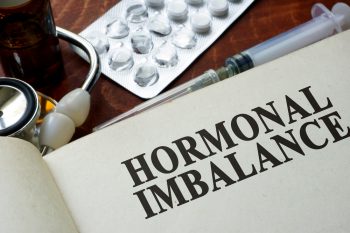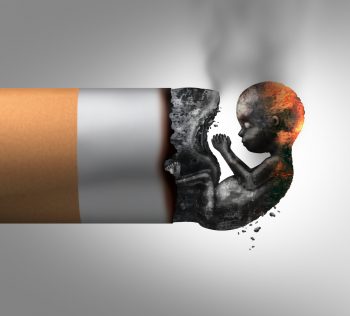Miscarriage is a painful and emotional experience for any expectant parent. While it’s common to feel a sense of loss and confusion, understanding what can cause miscarriage in early pregnancy may help you cope and take preventive measures.
In this blog post, we’ll explore the potential causes of miscarriage in early pregnancy and discuss ways to minimize risk factors.
Chromosomal abnormalities
One of the most common causes of miscarriage in early pregnancy is chromosomal abnormalities. These occur when there is an issue with the baby’s genetic material, either due to an error in cell division or inherited from one or both parents.

Chromosomal abnormalities can lead to developmental issues that make it impossible for the embryo to survive. It’s important to note that these abnormalities are usually random events and not necessarily a reflection of the parents’ health.
Hormonal imbalances
Hormonal imbalances can also play a role in causing miscarriage during early pregnancy. A healthy balance of hormones is essential for the development and maintenance of a pregnancy.

If a woman has low levels of progesterone, for example, it may be difficult for the embryo to implant properly in the uterus or for the placenta to develop. Thyroid disorders, such as hypothyroidism or hyperthyroidism, can also lead to miscarriage if not properly managed.
Lifestyle factors: risk of miscarriage
Certain lifestyle factors can increase the risk of miscarriage in early pregnancy. These include:
- Smoking: Smoking during pregnancy can cause reduced blood flow to the placenta, increasing the risk of miscarriage.

- Alcohol consumption: Heavy alcohol use during pregnancy can lead to fetal alcohol syndrome and increase the risk of miscarriage.
- Drug use: The use of illicit drugs, such as cocaine or amphetamines, during pregnancy can increase the risk of miscarriage.
- Caffeine: High caffeine intake (more than 200 mg per day) has been linked to an increased risk of miscarriage.
Maintaining a healthy lifestyle during pregnancy is essential for both the mother and the baby’s well-being.
Maternal health conditions
Certain maternal health conditions can also contribute to miscarriage in early pregnancy. These include:
- Diabetes: Poorly controlled diabetes can increase the risk of miscarriage, as well as other complications during pregnancy.
- Infections: Some infections, such as listeria or toxoplasmosis, can lead to miscarriage if contracted during pregnancy.

- Autoimmune disorders: Conditions such as lupus or antiphospholipid syndrome can increase the risk of miscarriage by causing blood clots or inflammation in the placenta.
Managing pre-existing health conditions and seeking appropriate prenatal care are crucial in reducing the risk of miscarriage.
Understanding what can cause miscarriage in early pregnancy is important for expectant parents, as it allows them to take preventive measures and make informed decisions about their health.
While some factors, such as chromosomal abnormalities, are beyond our control, others can be managed through lifestyle changes and proper medical care. If you’re concerned about your risk of miscarriage, it’s essential to speak with your healthcare provider, who can guide you through the process and provide support during this challenging time.


